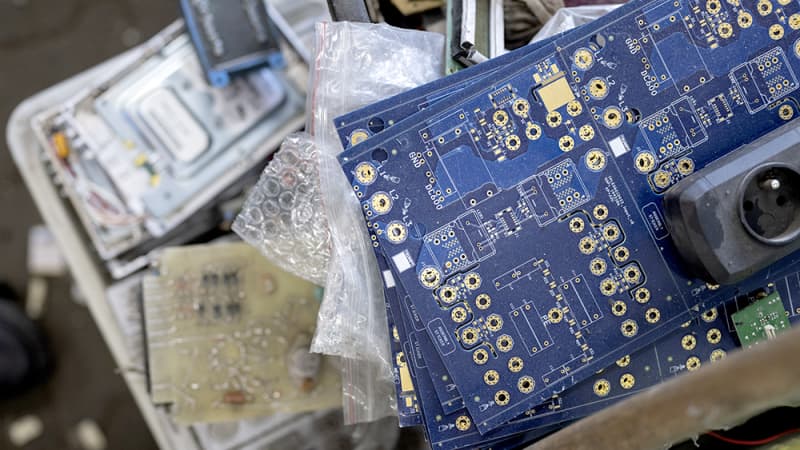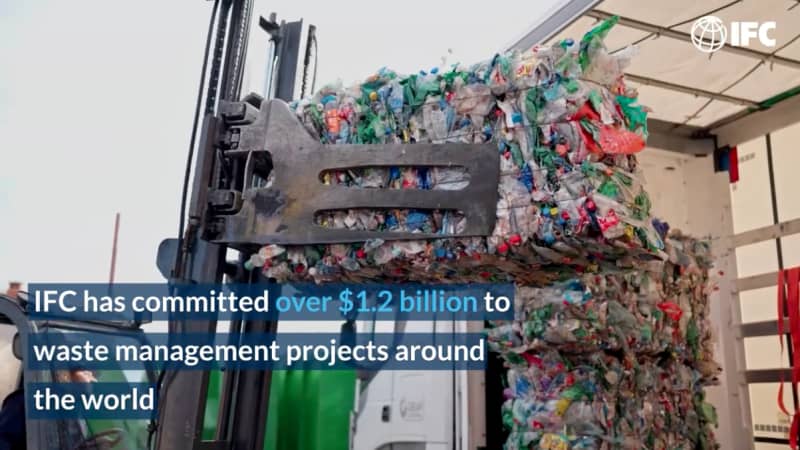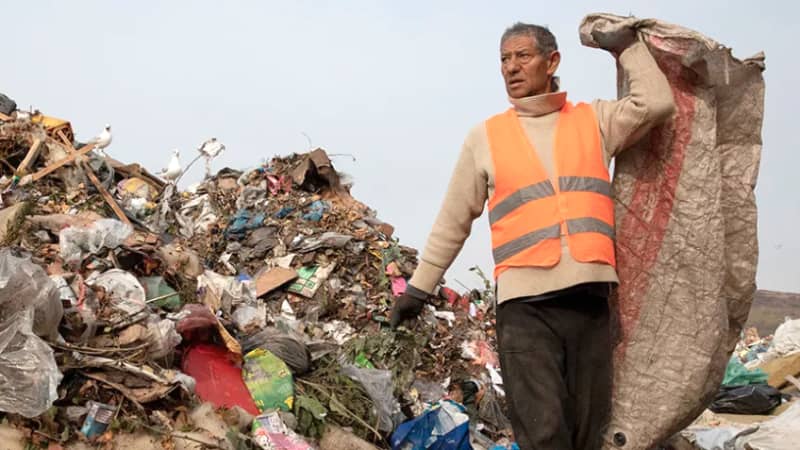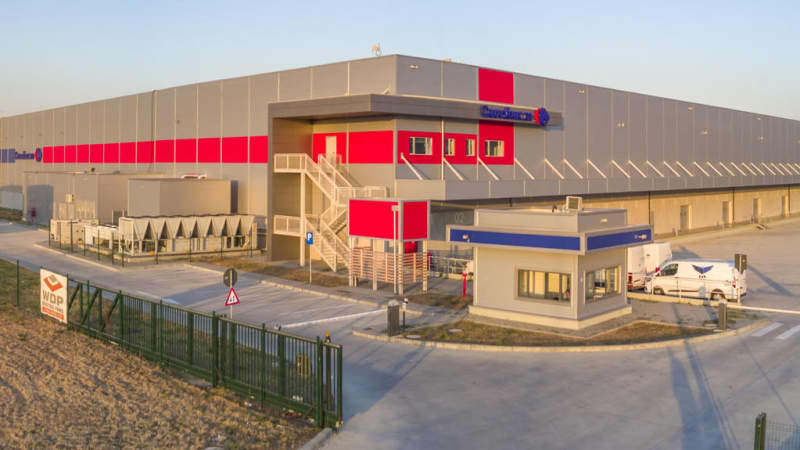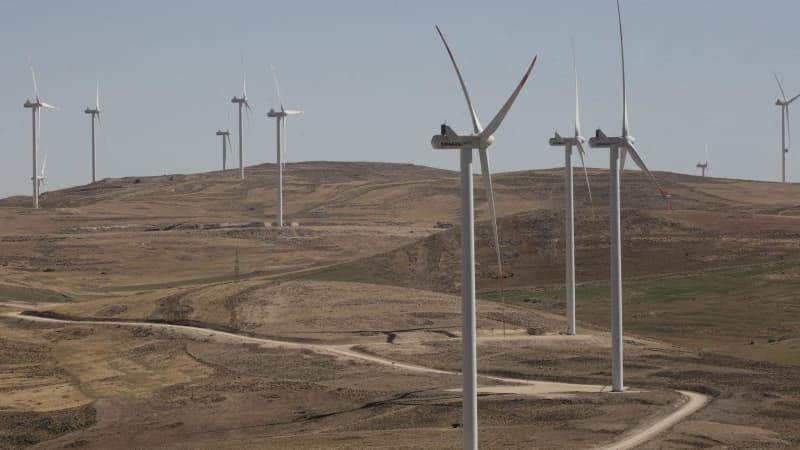Urban mining is putting Poland on the path to a greener future
How a new approach to metal recycling is helping to drive a lower carbon circular economy
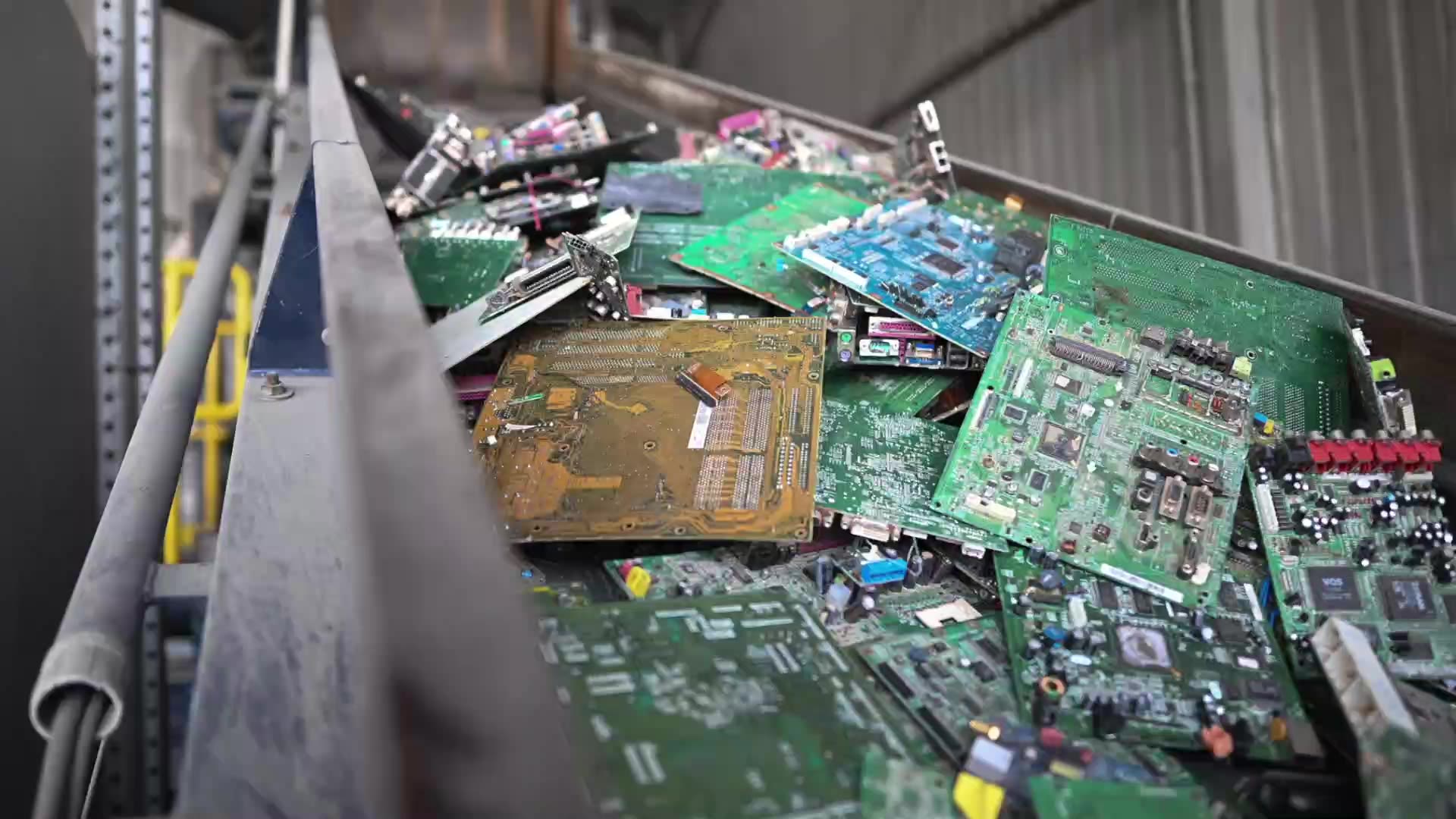
A paradigm shift is underway in Poland. Traditionally one of the European Union’s heaviest polluters and lowest recyclers, Poland now has the second-highest increase in recycling rates among EU countries over the last decade— new data shows. This is down in part to the work of Pawel Jarski, CEO and Founder of Elemental Holding, and his team. The company’s work is repositioning Poland at the forefront of Europe’s circular economy, a sector that puts eliminating pollution as one of its foundation principles.
Pawel has been lauded as a leader in the word's recycling market. He prefers more prosaic analysis, “we are uniquely positioned to benefit from global decarbonization megatrends.” These megatrends - the shift to electric vehicles and the need to build local supply chains of critical minerals - were once microtrends and Elemental’s unique position is down to an innovative approach and first-mover status that has catalyzed their growth in the recycling market.
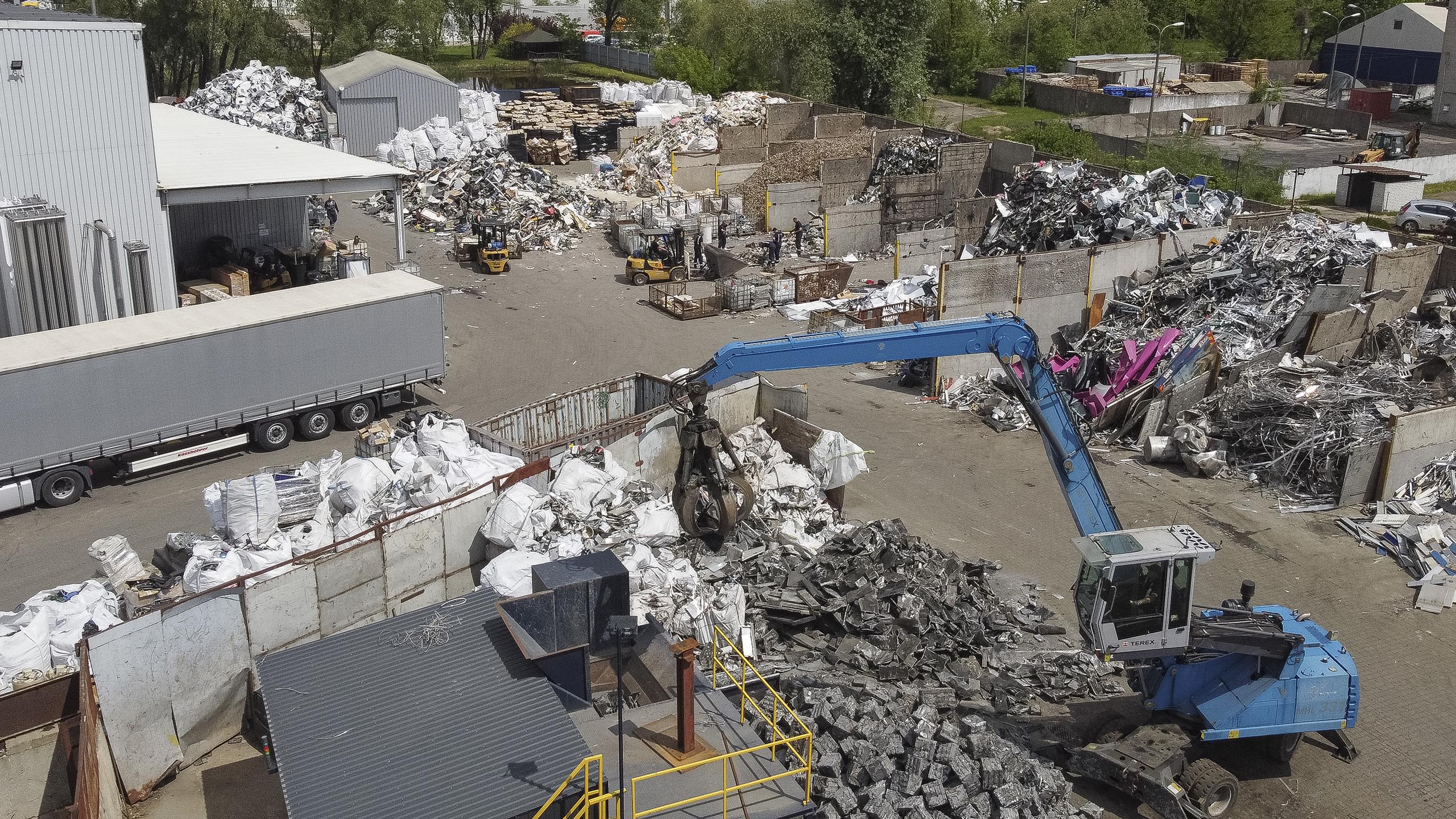
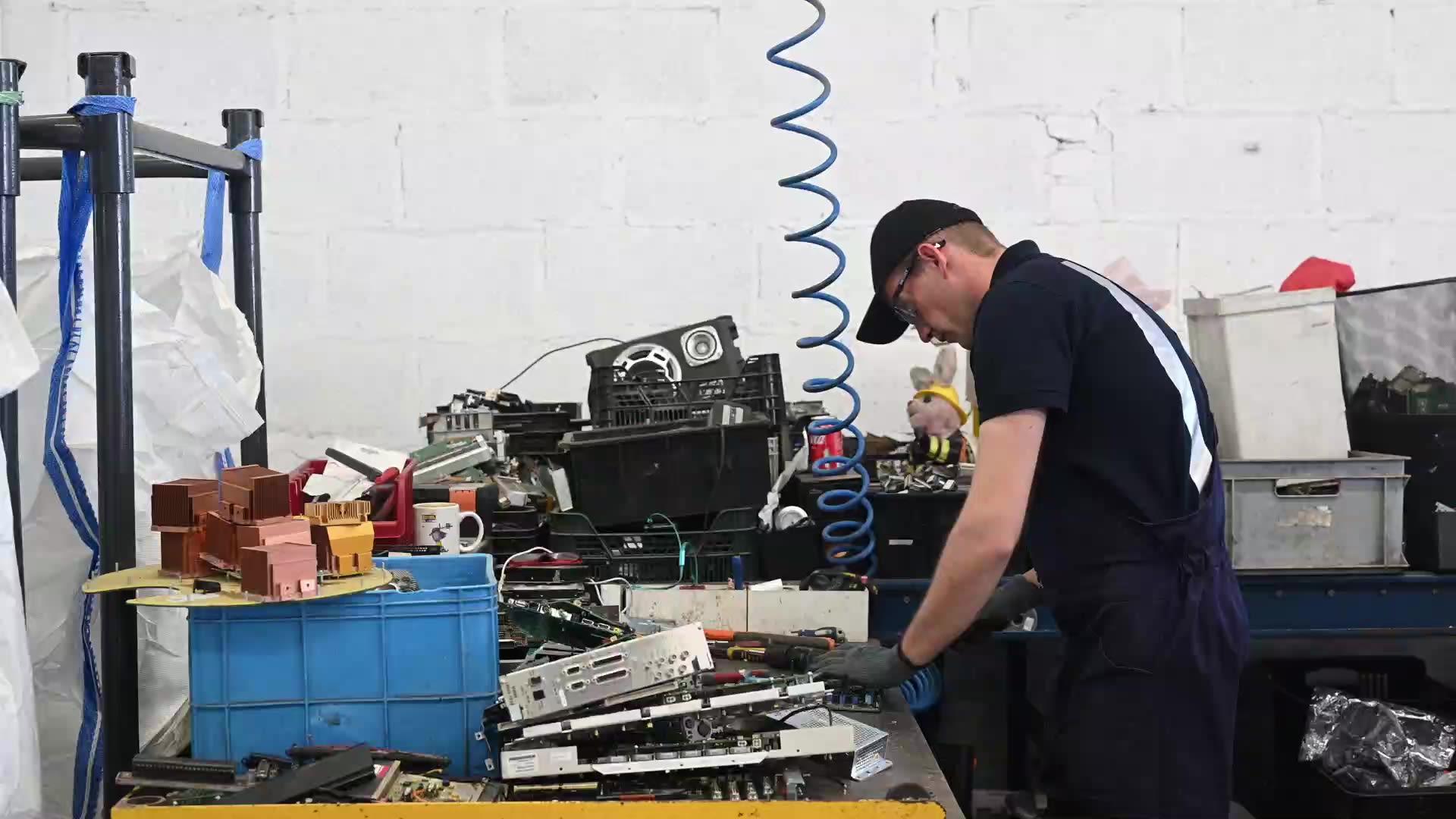
Elemental's hub of operations lies 40km southwest of Poland's capital Warsaw. The site is one of energy and contrast. A modern office of floor-to-ceiling glass sits adjacent to a bustling urban mining operation processing electronic waste. A hum of workers busily sort through metal, plastic and cables from massive bags. An assembly line dismantles aging refrigerators, methodically stripping away layers to reveal the valuable raw materials. Amidst the ordered chaos, trucks unload circuit boards, adding to the growing heaps.
It is this well-coordinated mix of hands-on labor and mechanical processing that has powered Elemental’s growth. Founded in Poland in 2010, Pawel has seen his company expand into an urban mining and recycling trailblazer with a footprint extending across 15 nations, spanning three continents: Europe, Asia, and North America. They are at the forefront of a new industry dedicated to extracting value from the metal components in disposed electronics and other waste – urban mining.
IFC is investing $90 million to ramp up the firm’s ability to extract valuable materials from electronic waste while also expanding the firm’s scope to refine them for resale and reuse. At its most fundamental, urban mining seeks to harness electronic materials of untapped and overlooked value – the aluminum, cobalt, and gold in your old mobile phones for example – and transform them back into raw valuable resources. This can quickly add up. A new study in Switzerland puts an estimated $10 million worth of embedded gold in the country’s seven million unused phones. The US throws out $60 million in gold and silver contained in used phones every year based on e-waste disposal rates. While back in 2016, researchers at United Nations University were already estimating the raw materials contained in e-waste to be worth roughly $61 billion on a global scale.
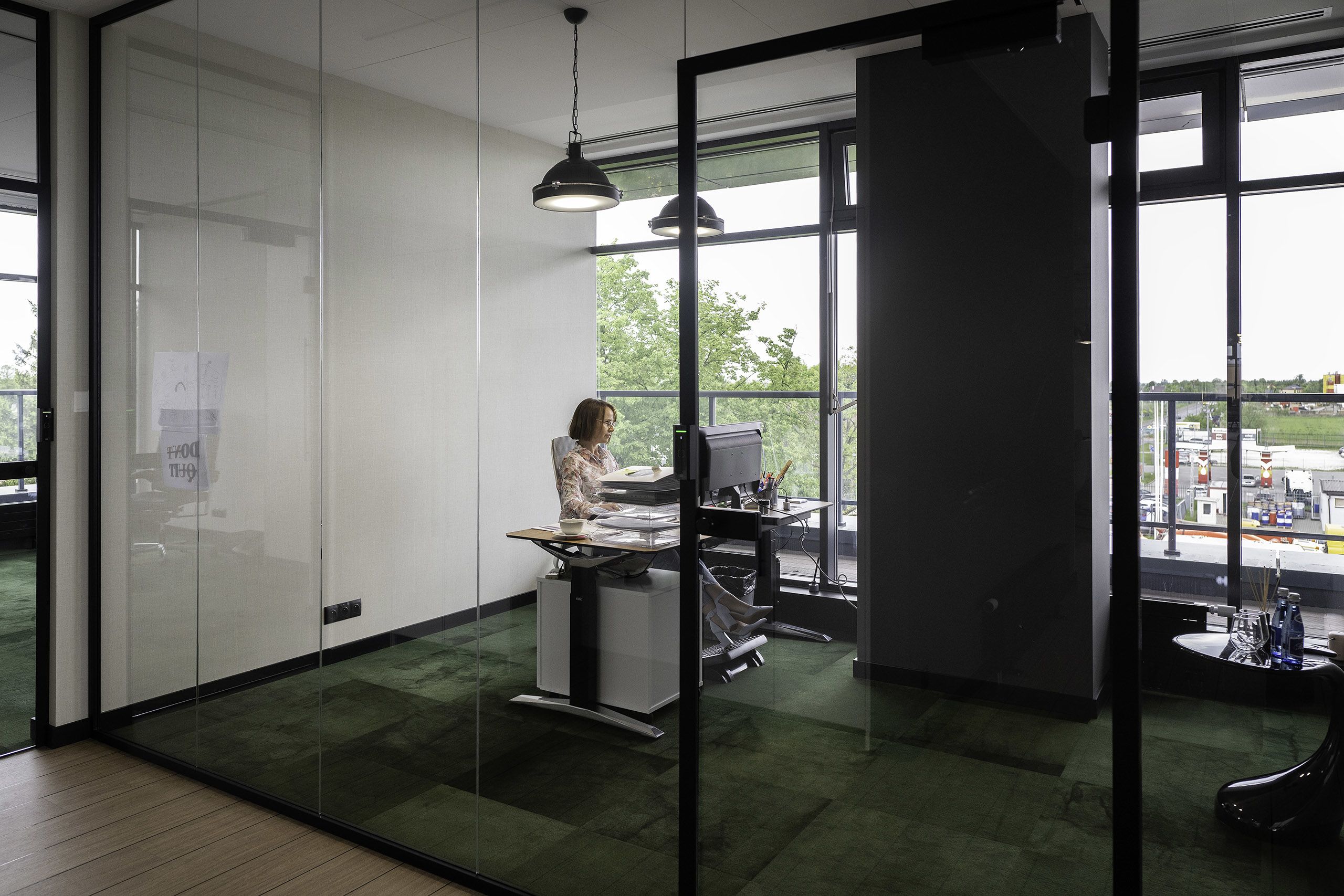
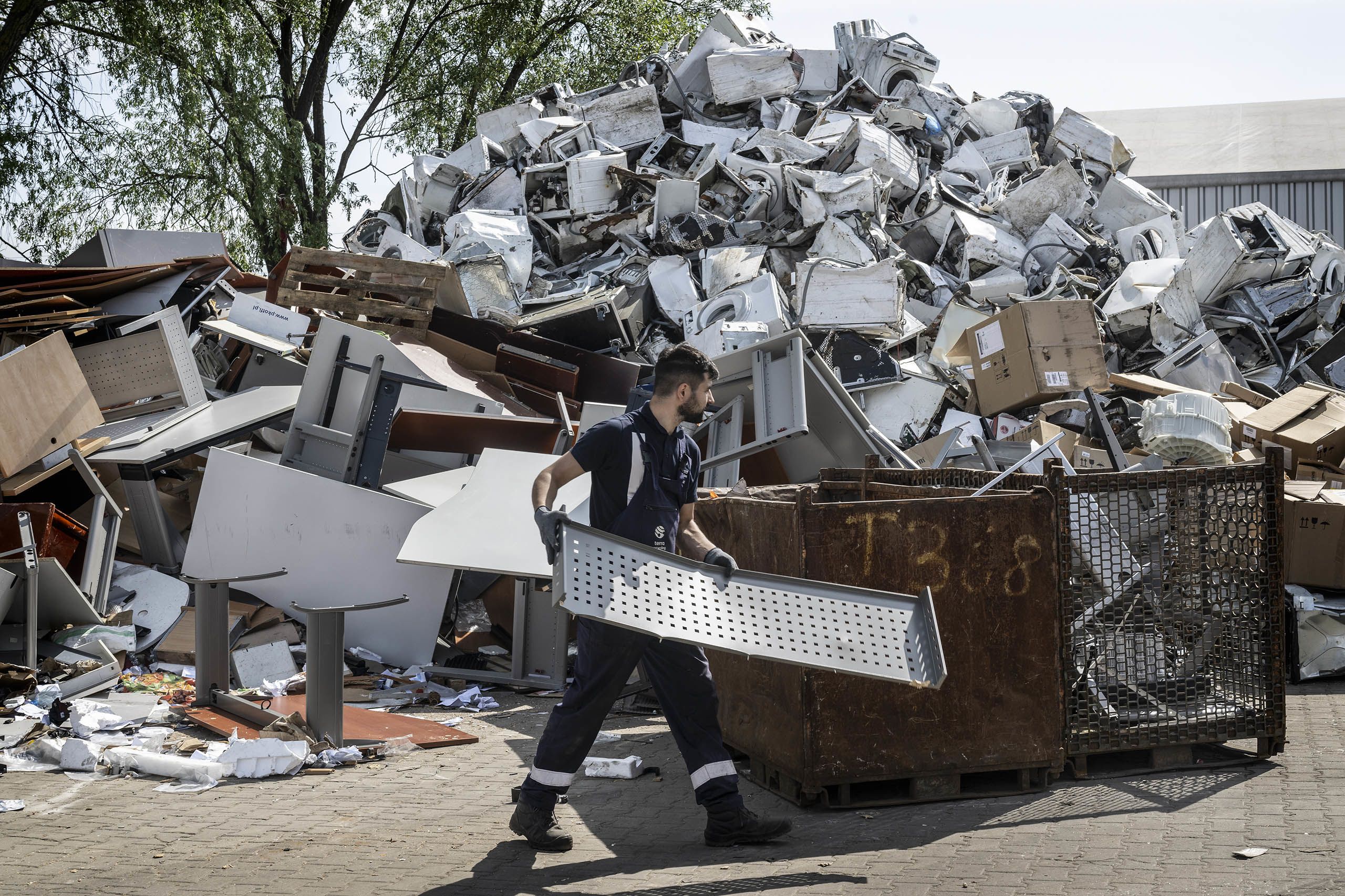
“Metal recovery at scale offers huge climate impact, as it displaces mining operations of the recovered materials."
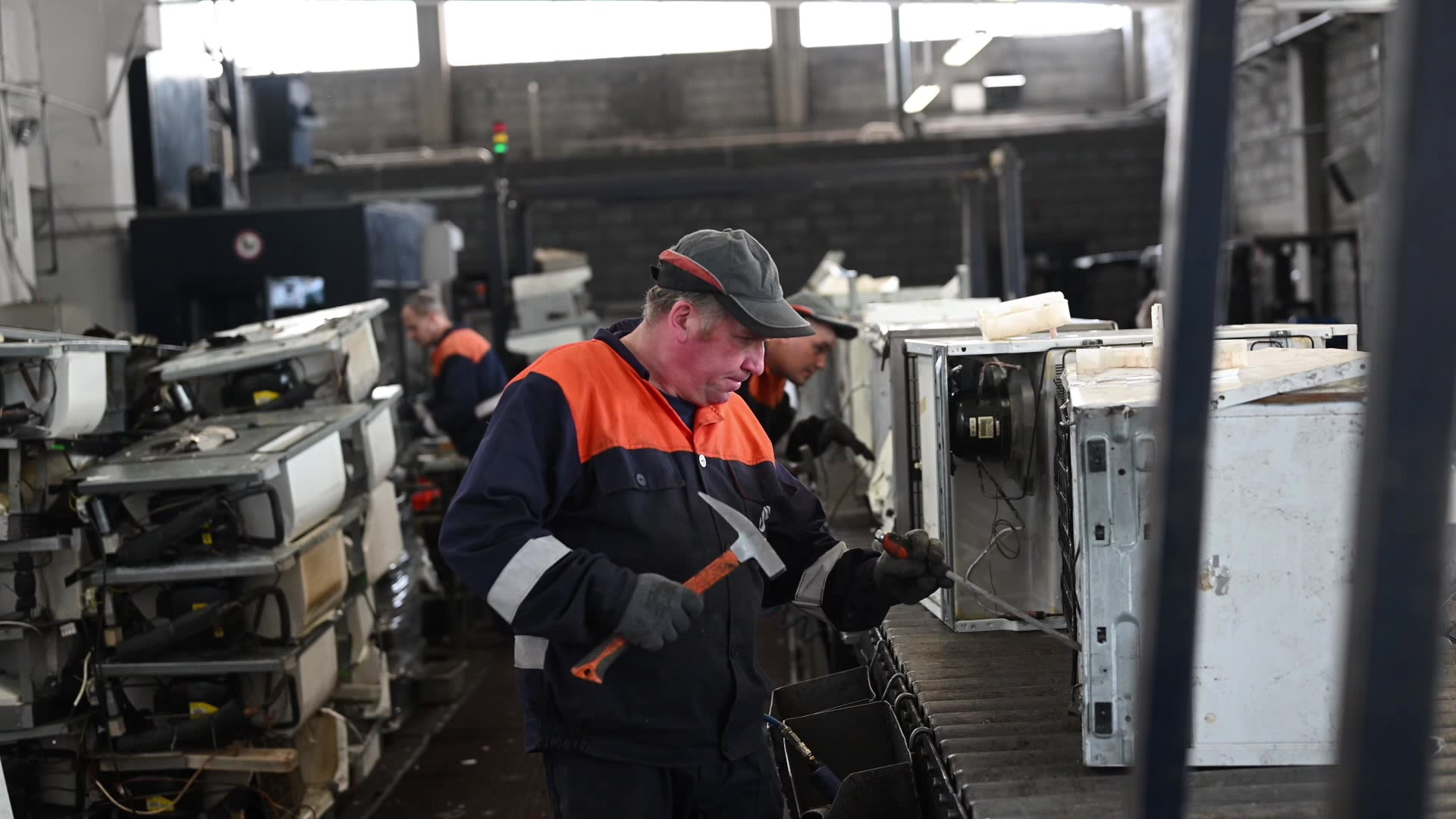
Elemental's approach forensically processes end-of-life electronics, catalytic converters, and printed circuit boards to generate critical raw materials which are re-introduced into the supply chain. This is fast becoming an ever more important strand of waste management with an estimated 60 percent rise in e-waste between 2010 and 2019 leaving conventional methods of recycling struggling to keep up. Elemental's innovative circular method also goes a step beyond simply recycling old metal parts, with a particular focus on the highly versatile and valuable platinum group metals (PGM).
“Metal recovery at scale offers huge climate impact, as it displaces mining operations of the recovered materials and Elemental is part of a new wave of private sector actors increasingly adopting circular economy principles” says Murat Karaege, a Senior Investment Officer and Regional Climate Lead with IFC Europe. “Greening the waste management sector is crucial to pursuing the low-carbon economy of the future. IFC's investment aims not only to catalyze Elemental's growth but to underpin a shift towards a future where material reuse and recycling are cornerstones of a circular economy.”
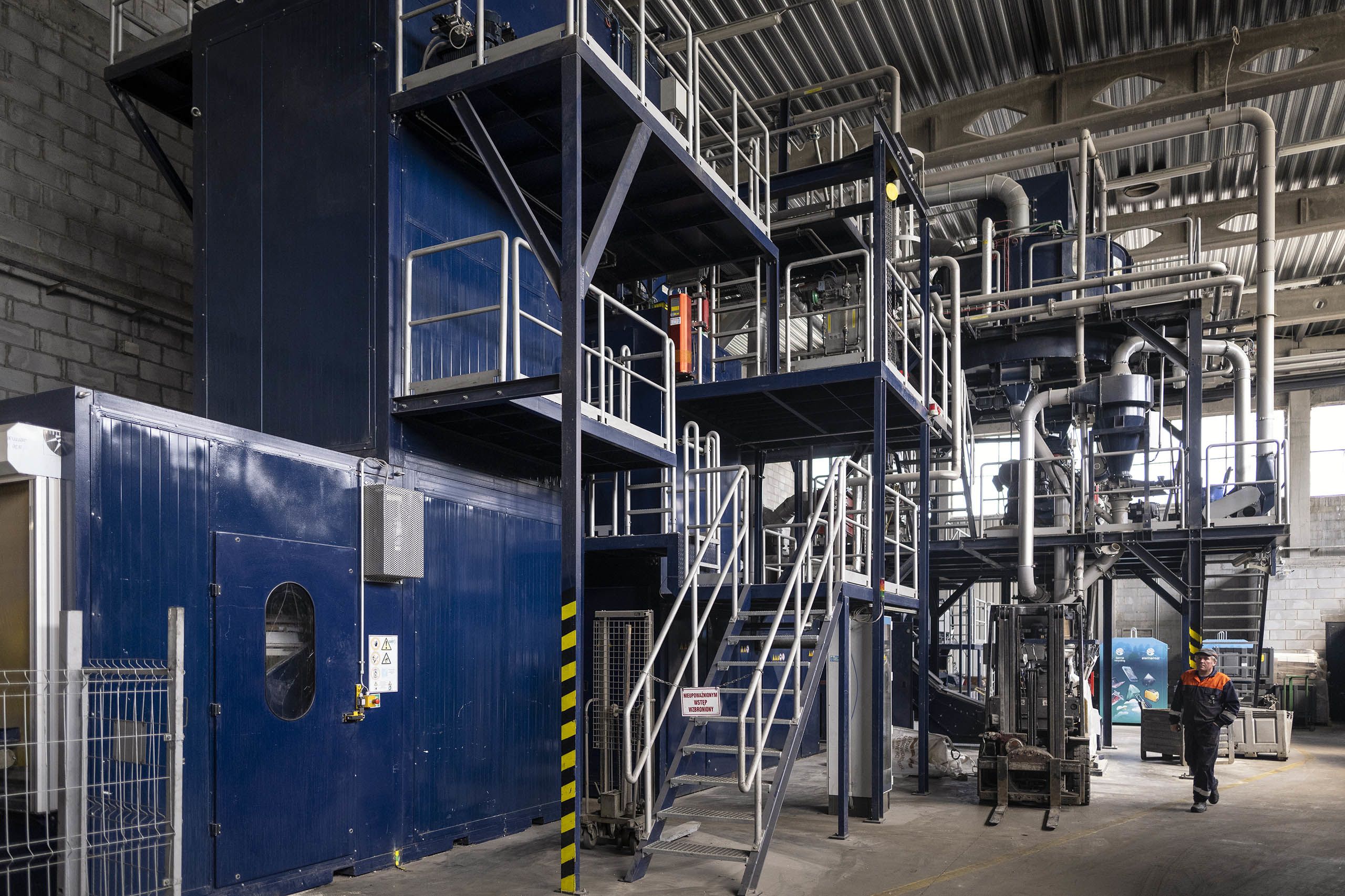
Elemental's innovative circular method also goes a step beyond simply recycling old metal parts, with a particular focus on the highly versatile and valuable platinum group metals (PGM).
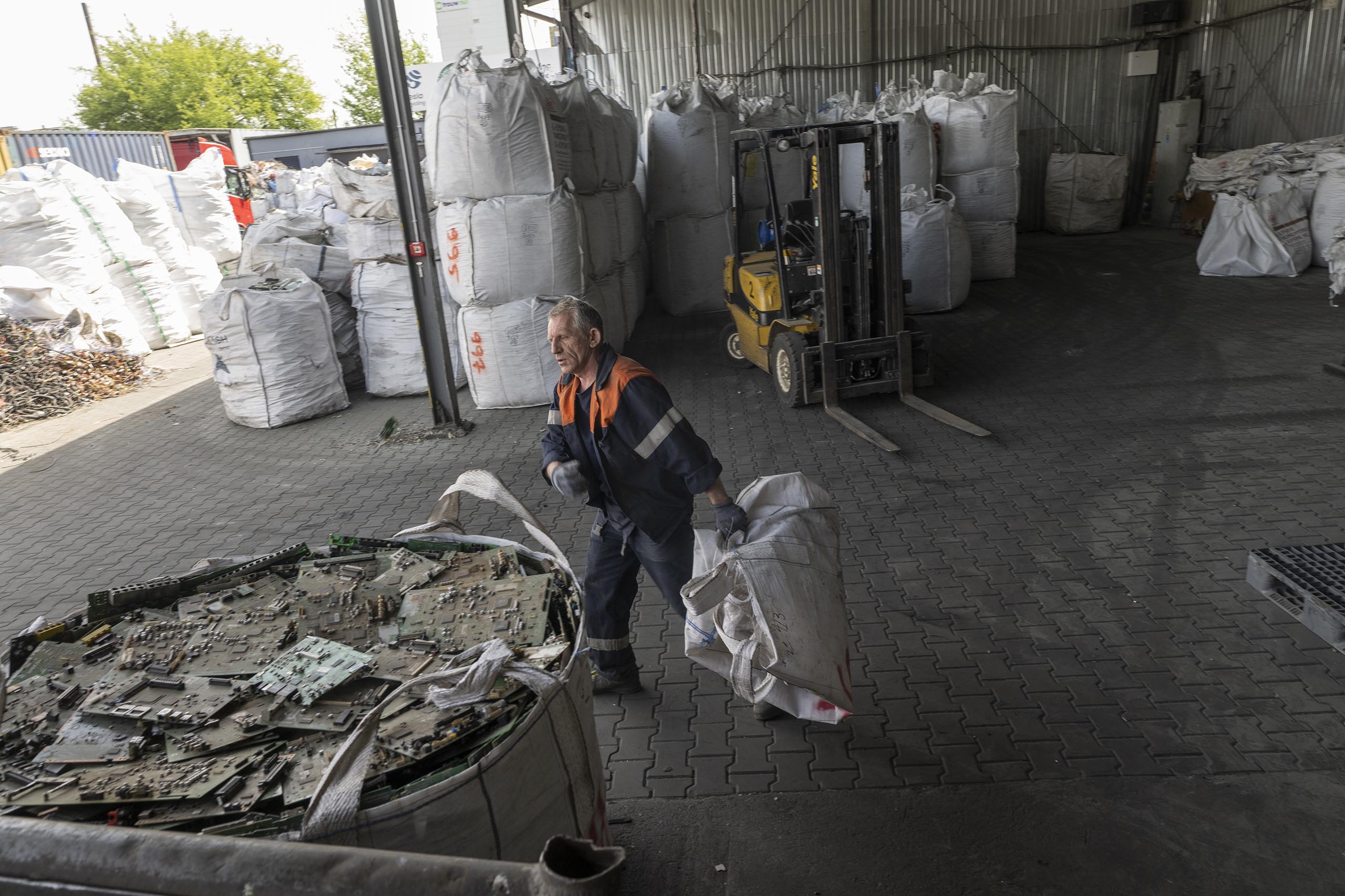
At its most fundamental, urban mining seeks to harness electronic materials of untapped and overlooked value – the aluminum, cobalt, and gold in your old mobile phones for example – and transform them back into raw valuable resources.
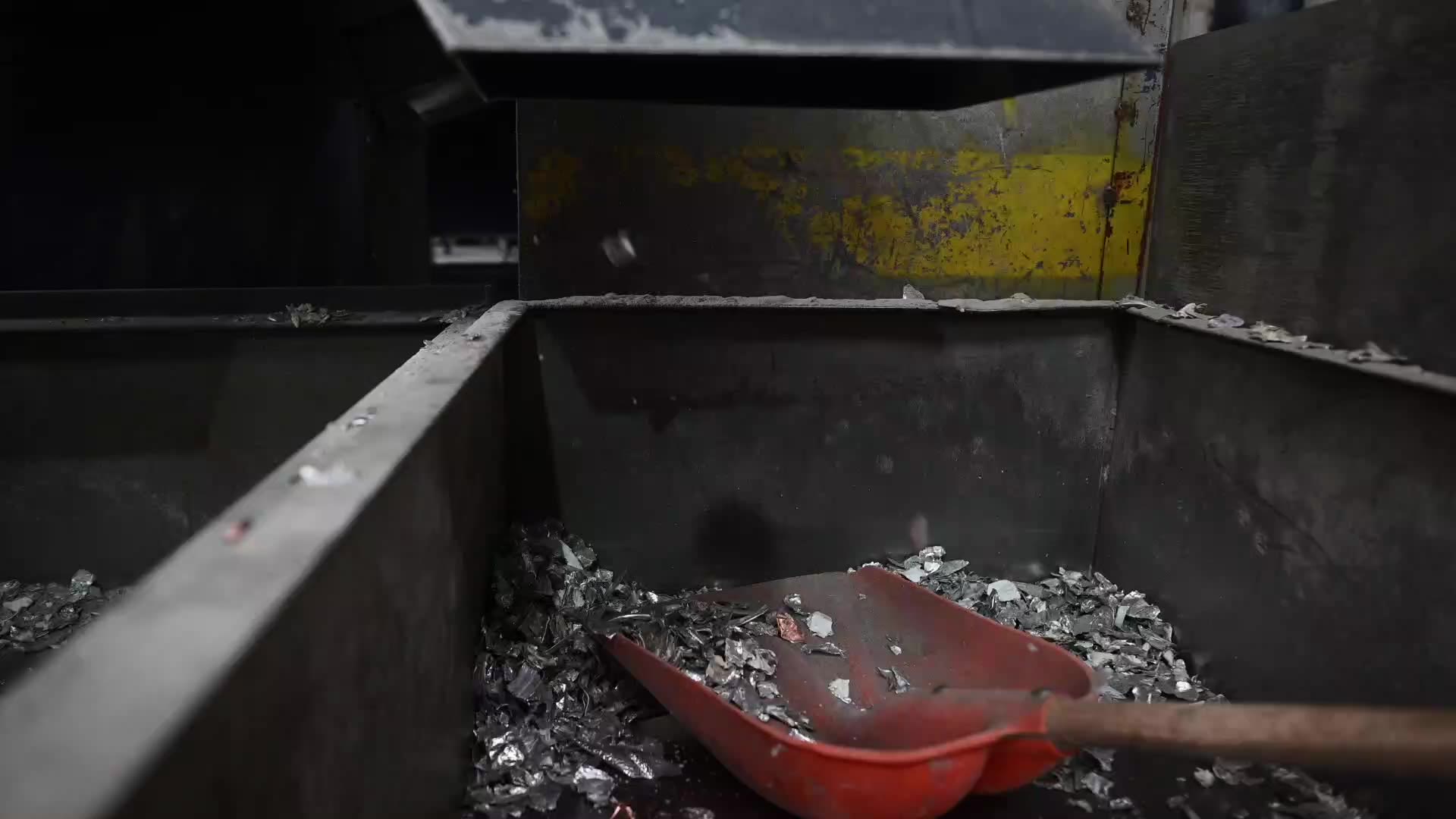
The financial backing will pave the way for new metal recycling and refining facilities in Poland. Elemental is building one of its most innovative and ambitious projects – a facility to recycle spent lithium-ion batteries from electric vehicles and other products - in the city of Zawiercie in southern Poland, while also employing onsite solar generation and sustainable water management.
Transforming waste into valuable metals ripe for reuse is challenging. The process of recycling electronic scrap and lithium-ion batteries into valuable resources is still crude and does not always realize the potential recyclable amount. But Elemental’s track record and ambitious vision – environmentally sound and socially responsible mining that can catalyze long-term economic growth – goes beyond driving sustainable growth for one company. It illustrates a viable blueprint for how large businesses can integrate circular economy principles into their operations for the most impact. And it underpins the essence of circular waste management – where every waste stream is a valuable resource waiting to be harnessed.
Published July 2023
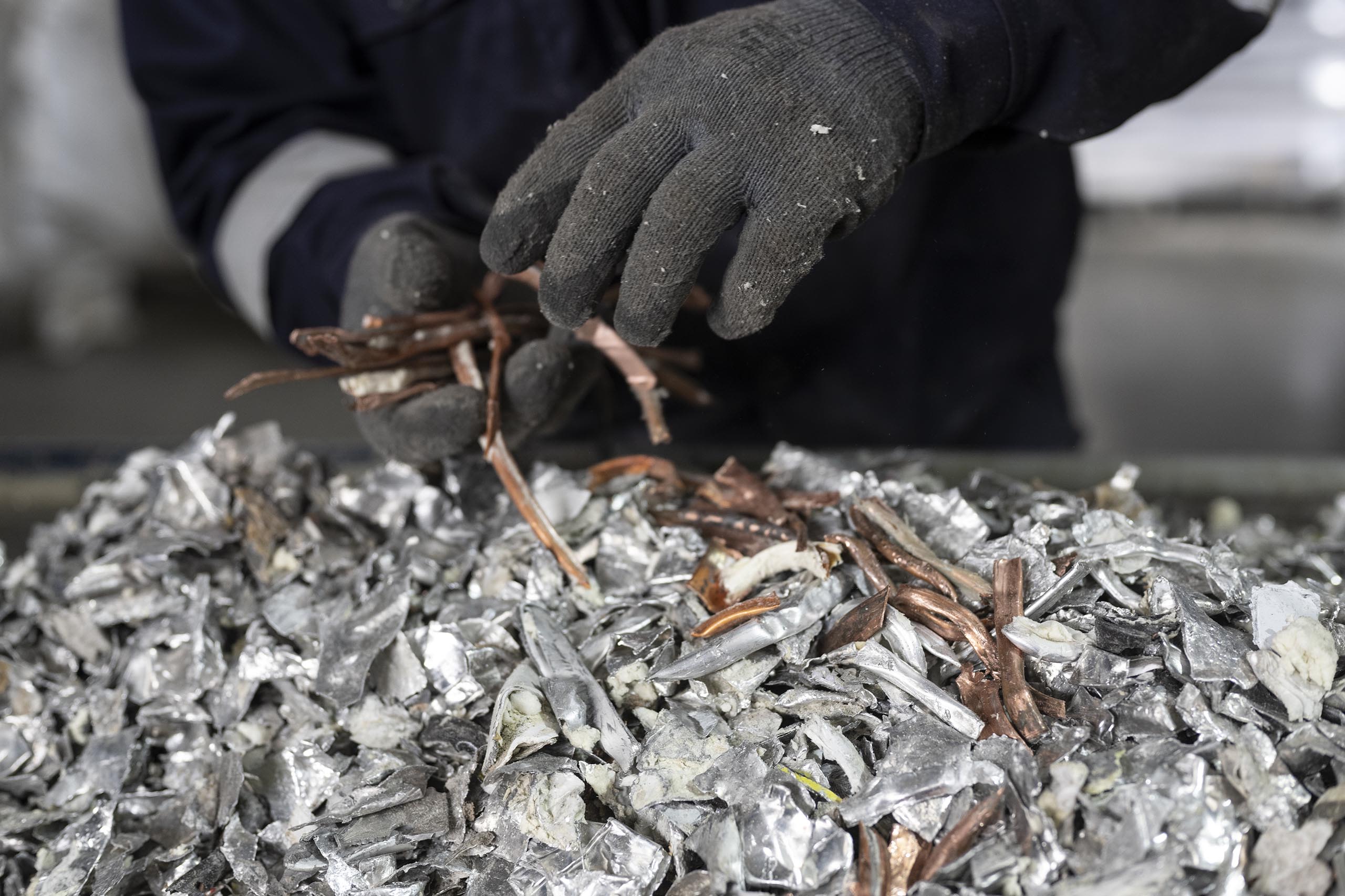
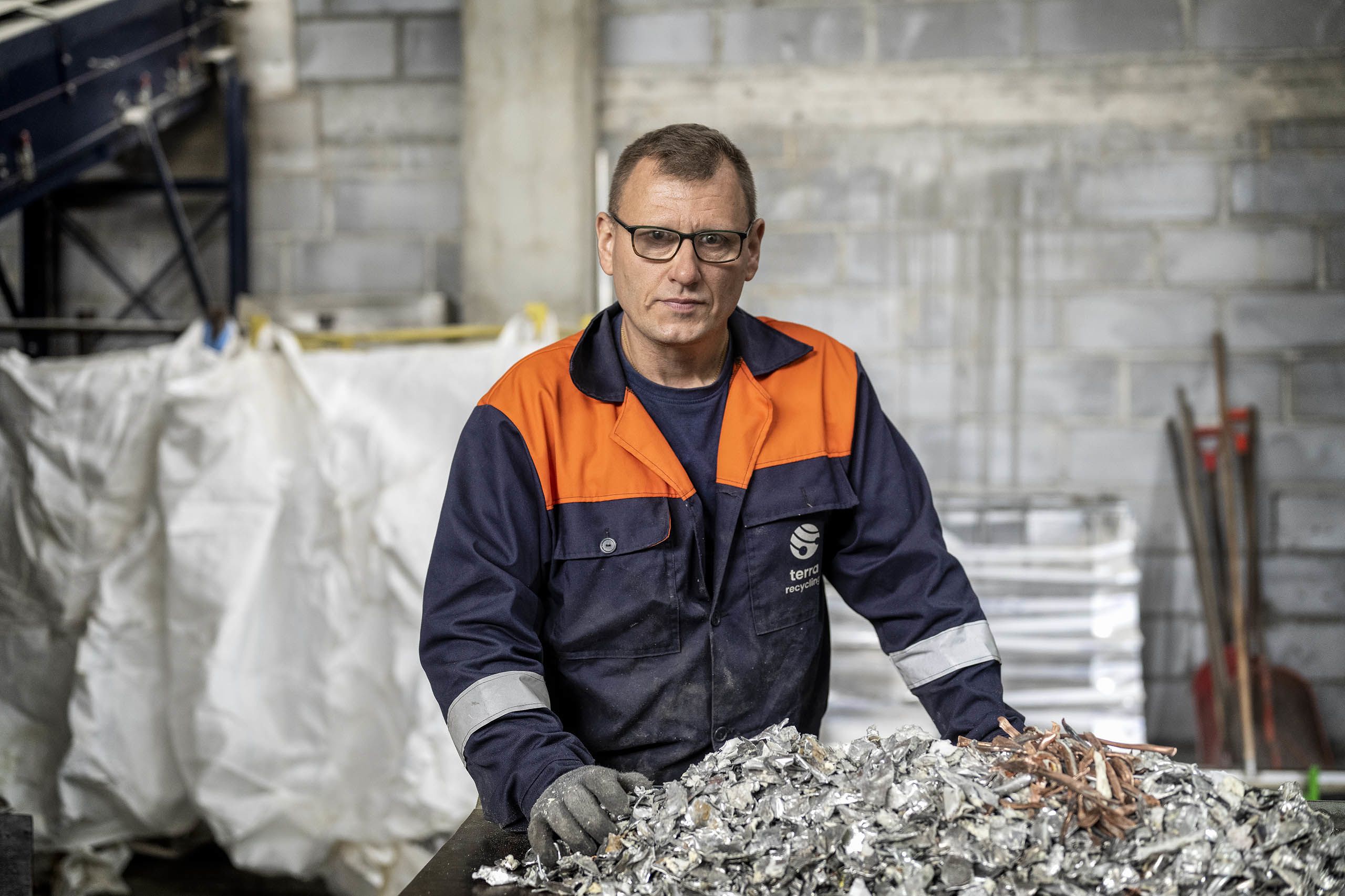
Read more about business solutions to climate change

